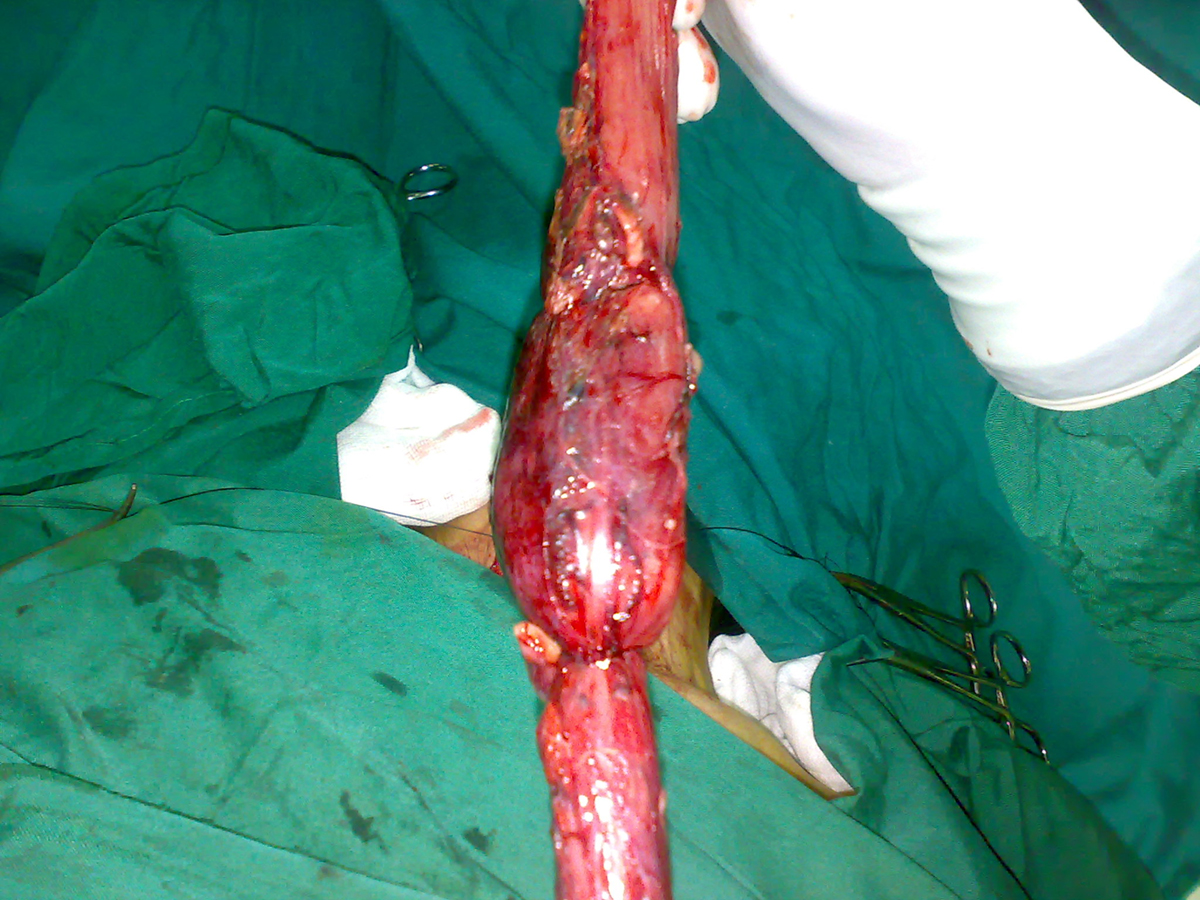
Sleeve gastrectomy is only one procedure which belongs to a group of bariatric surgeries, surgeries performed in obese people with one goal-weight reduction. The very procedure includes reduction in the overall size of the stomach. The stomach becomes smaller and accounts for approximately 25% of its previous size. The surgery includes the cutting of a large portion of the organ and re-attaching the open edges. This eventually results in a sleeve or a tube-shaped stomach. Permanent reduction of the size of the stomach allows patients to eat less and this way gradually reduce weight. Sleeve gastrectomy is performed as laparoscopic surgery and, unfortunately, is not reversible. Sleeve Gastrectomy - the Very Procedure
Sleeve gastrectomy is a surgery of choice for overweight individuals whose body mass index exceeds 40. Furthermore, it is performed in patients who cannot undergo a gastric bypass or duodenal switch due to some healthy issues and potential complications.
The very surgery goes through two stages. During the first stage of sleeve gastrectomy the surgeon creates a new stomach i.e. reduces the size of the previous one while the second stage includes conversion into a gastric bypass or duodenal switch. Even though the first stage is sufficient enough to be performed and it helps patients to lose excess weight, some of them will have to undergo the second stage of the surgery but only in case the weight loss ceases.
How Does It Work?
Sleeve gastrectomy reduces the overall size of the stomach. In overweight people the stomach is huge and can receive large amounts of food until the person feels satiated. This is why attempts of obese people to consume less food usually do not work because in spite of eating less, they still feel hungry. Only if they consume a lot of food they may eventually fill full.
After the surgery the stomach drastically reduces in size. This way the person feels full after eating small quantities of food. In fact, the stomach cannot receive the amount of food a person used to consume. The effects are great and weight loss soon becomes noticeable.
Because initially performed surgery does not include any kind of bypass, patients do not have to worry about potential complications such as intestinal obstruction, anemia, osteoporosis, vitamin and protein deficiencies.
On the other hand, one of the most serious disadvantages of the surgery is lack of weight-loss effect. Namely, some patients may not be satisfied with weight loss they achieve and this can eventually lead to weight regain.
All in all, the surgery is quite efficient but before opting for it one is due to consult a well experienced surgeon and get fully informed about the procedure and other potential surgeries he/she may undergo in order to lose excess weight.






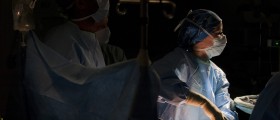
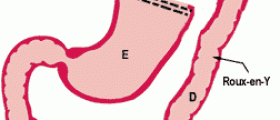
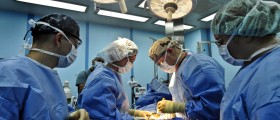


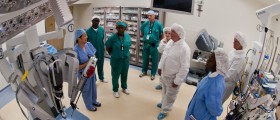




Your thoughts on this
Loading...